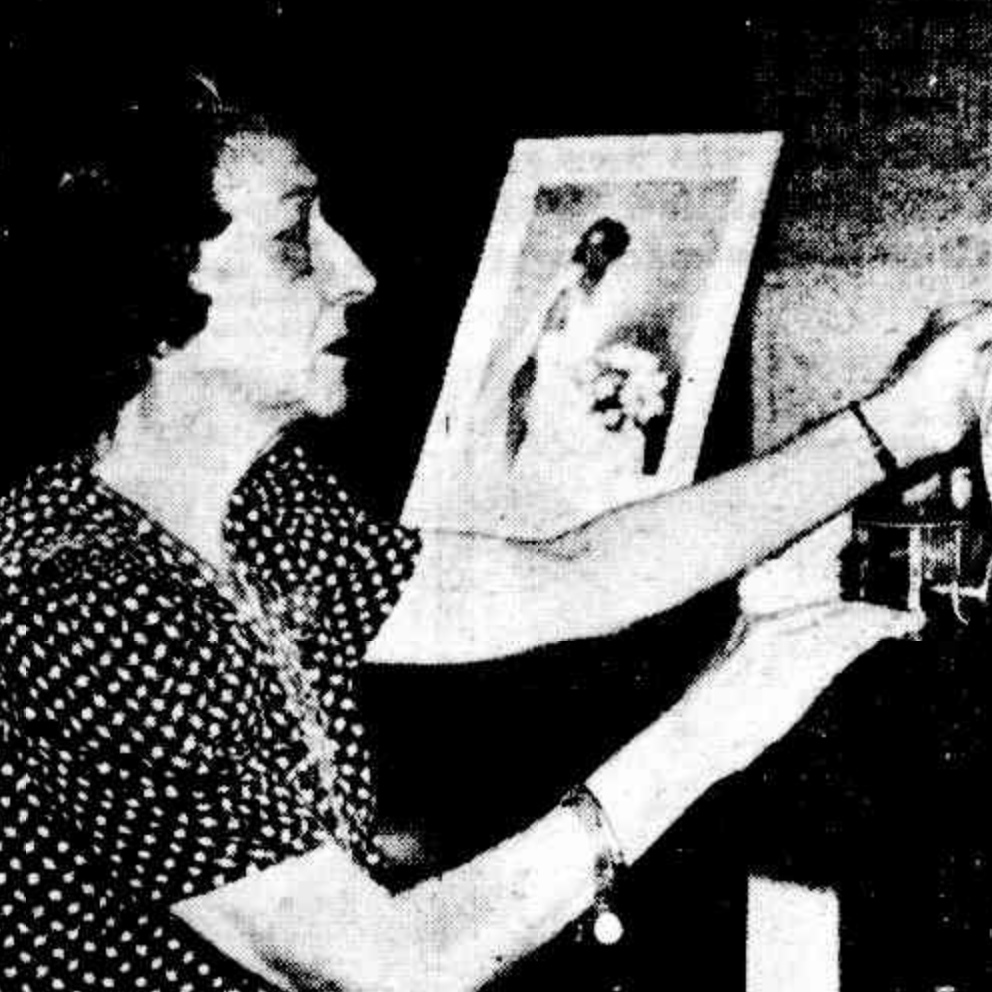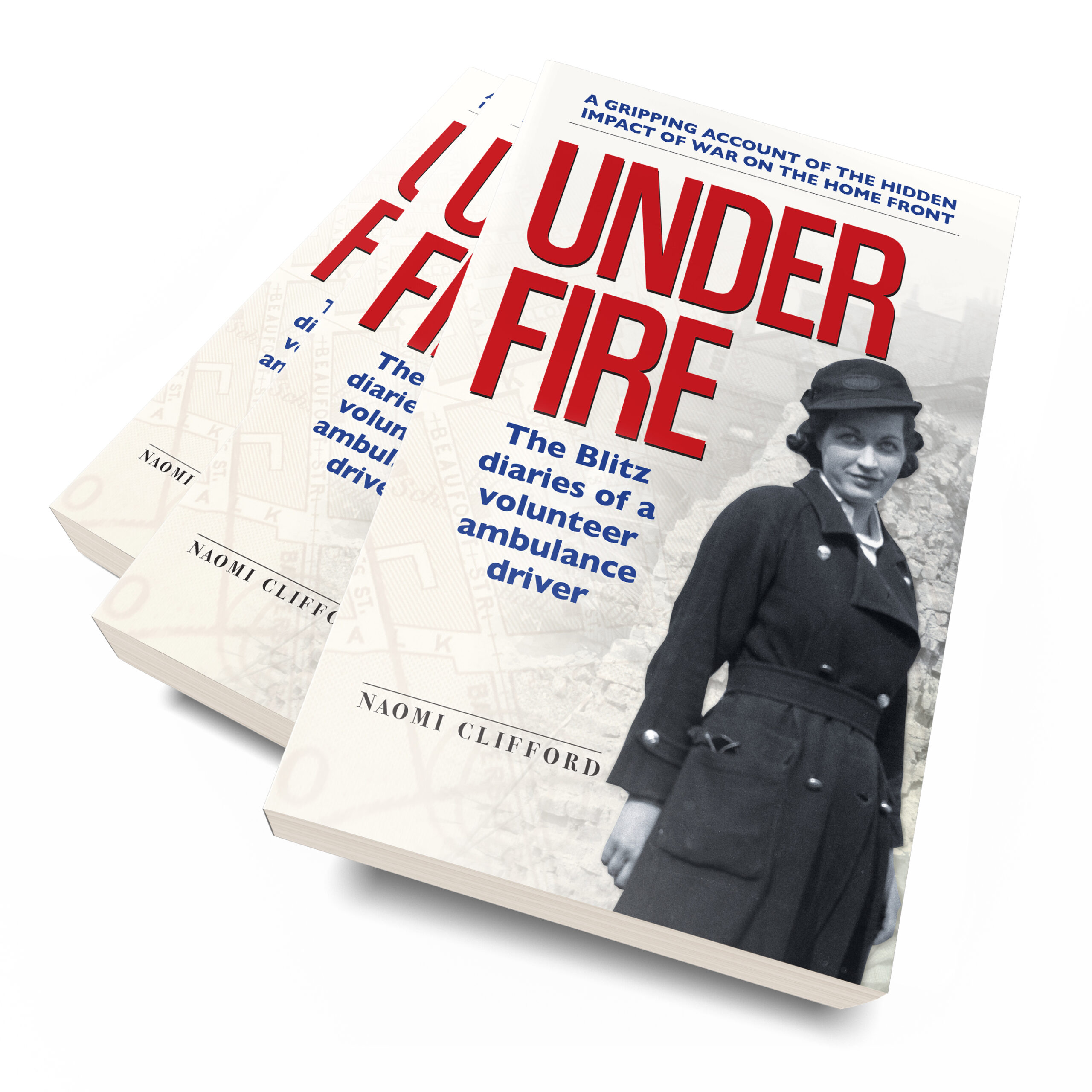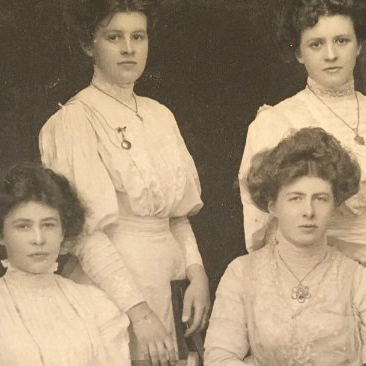A series of short biographies of women and men who served as ambulance drivers and assistants in Chelsea, London, during the Second World War.

The latest in my series on the ambulance drivers of wartime Chelsea looks at Katherine “Kitty” Parker (1886-1971), an ambulance attendant at the King’s Road station and a much-admired composer and accompanist. The Australian Dictionary of Biography described her as “a tiny person, [who] had a lively personality and a zest for life.”
“She is the most gifted piano pupil I have ever had,” said Percy Grainger, the ‘father’ of the 20th-century English folk music revival and an Australian himself of Kitty, who had arrived in London in 1909 to study with him. She had already won several awards in Australia.
In 1911 Kitty made her London concert début as a soloist but she was, by her own admission, “terribly shy and nervousness had always been a problem.” Although she did give concerts, especially with her husband Hubert Eisdell (1882-1948), a tenor of note, her real strength lay in composition – Grainger orchestrated her best-known work, Down Longford Way (1928) in 1935. Undoubtedly, her career was overshadowed by Eisdell’s in 1910.
Four months before the outbreak of war, Kitty was giving concerts in Berlin. On arrival back in London she joined the Red Cross but then transferred to the London Auxiliary Ambulance Service. She was living alone in
in Chelsea Cloisters, a complex of bijou flats on Sloane Avenue (now rented out as luxury service apartments). Her marriage to Eisdell had ended and their only child, Michael (1912-1986) was living in Australia.
In 1950 she told The [Australian] Examiner (4 April) about her experiences in London. “During the Blitz, I lived in a huge building containing nine hundred flats. When there was a raid, people would come in off the streets to the lower floors for safety. The noise outside would be deafening. You just can’t describe it.
“The ambulance station was seven minutes from the flats, and most times I would run all the way, saying over and over all the time, ‘God let me get there, please let me get there!’
“However, at the station there was so much work to do, so many trips to be made, that in time you forgot all about the noise.
“We would go out in the ambulances, pick up the injured, and give them first-aid. If the victims were badly hurt, they would be taken to the hospitals. Those nights are ones I shall never forget.”
One source says she also worked on ambulances in Southampton, but I have no details of this.
In 1944 Kitty learned that Michael had been severely injured at Tobruk. He recovered and in 1947, Kitty returned to Australia. Warm-hearted and generous, she sent good parcels to her friends in England.
She gave private piano lessons but never returned to composing. She died in 1971.
Addendum
19 August 2020
Listen to one of Kitty’s compositions on Spotify: https://open.spotify.com/track/2hgaAuDXU3v5i4oCBRGXm5?si=RKkIcnsvR6-oSn1wH5ye0w











Leave a Reply